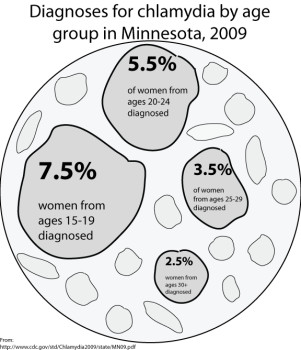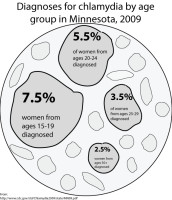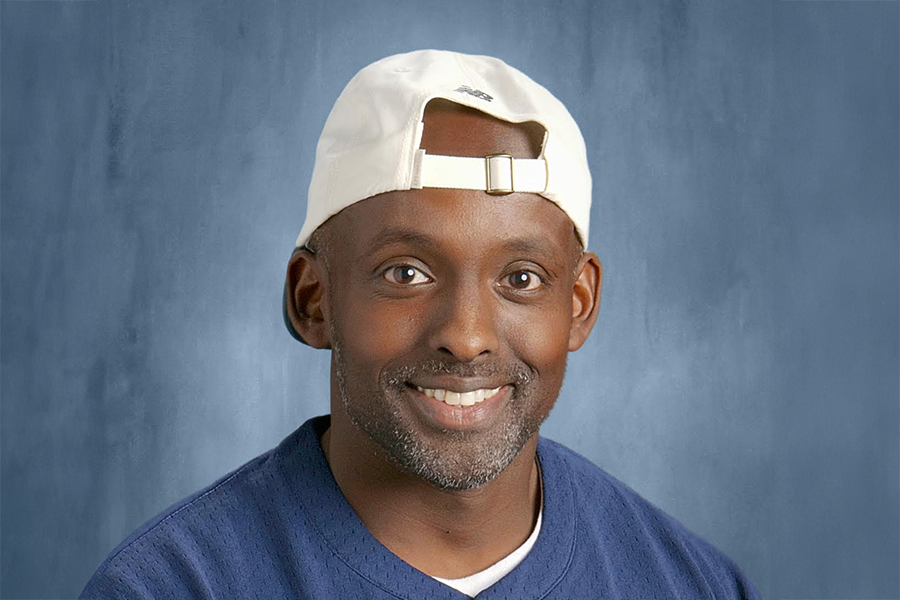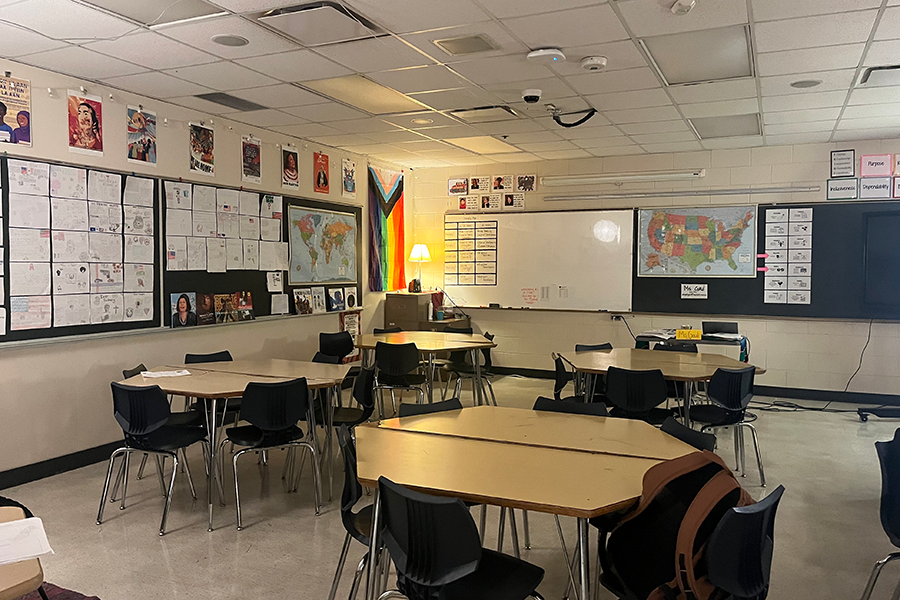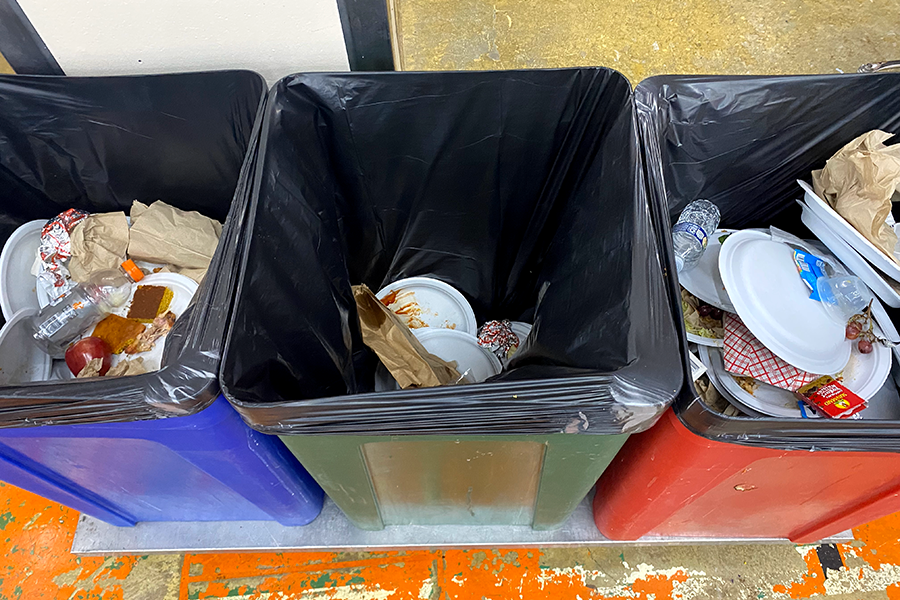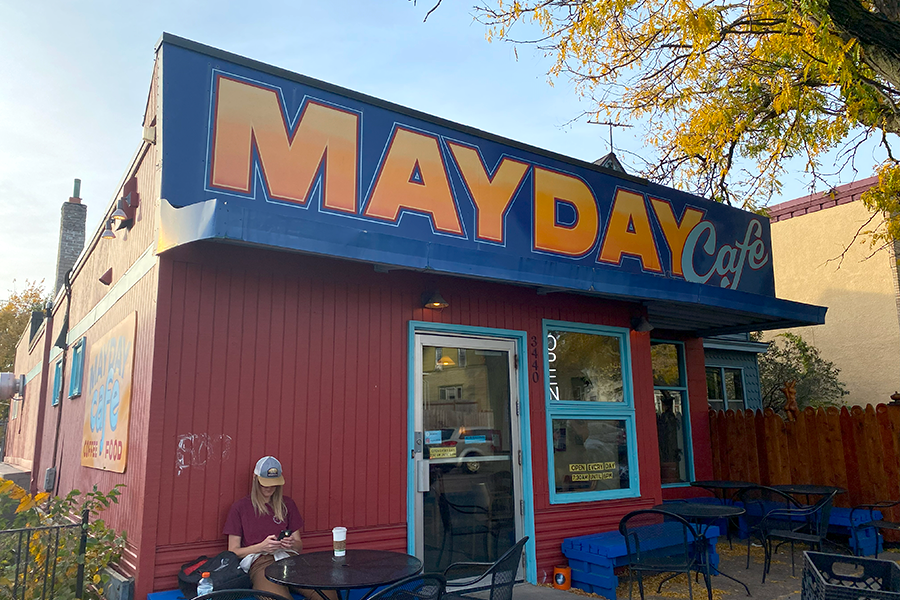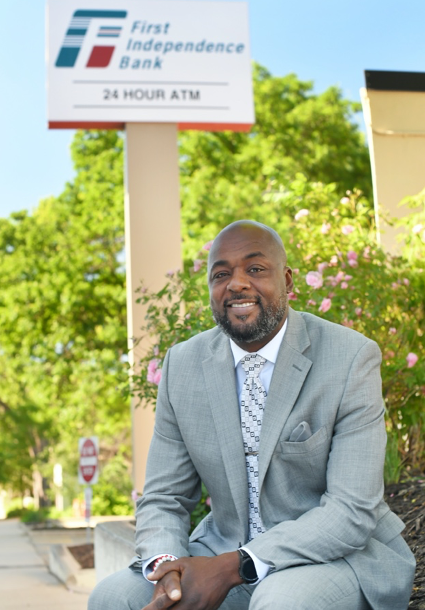A version of this story was featured in the Spring 2011 Newsmagazine
Pregnancy is often considered to be the worst outcome of sex, for teenagers, however sexually transmitted diseases and infections (STDs/STIs) are possibly an even greater threat due in part to the cornucopia of misinformation available to teens.
The most common STD in the U.S. is chlamydia. There are no initial visible symptoms, so it is hard to tell without a test if someone is infected or not. If one is sexually active, getting tested once a year is crucial to your health. Especially if you’re a female under 25 years old because they are the age group that is most likely to retract it. Another common STD is gonorrhea. Again it has almost no symptoms; but if left untreated, it can affect one’s ability to have children.
Like chlamydia, there are many other STDs that students could retract by having unsafe sex. One of them is HIV/AIDS. At South’s clinic they rarely test for HIV/AIDS. They only test if the patient is a male and/or has participated in anal sex.
Sometimes people get lucky, they come to the clinic thinking they have an STD but it turns out they just have a yeast infection or a urinary tract infection (UTI). Since the basic symptoms of a burning sensation when urinating, pain or itch at the spot and fever are all the same as an STD that has been infested for awhile, it’s an easy to mistake to make.
If one has a concern they should go to South’s clinic and make an appointment. If not South’s clinic, there are other free clinics where teens can get STD testing around the metro. For example there are places like the Red Door clinic in downtown Minneapolis. They specialize in testing and treatment for STDs for young adults and teens.
To go to the clinic and get treatment you don’t have to have your parent’s consent. When one comes in for their appointment the nurse and the student discuss the concern, the student’s sexual history, and if they’ve had an STD and treatment before.
Lori Carlson, South’s nurse practitioner laughs, she says that “not having sex” is the safest way to have sex. She also advises to use condoms, 100% of the time, as well as, routine and annual testing for STDs, and “testing prior to new sexual relationships.” Carlson says, “people having sex need to be responsible and use protection.” She feels like there is a lot more “sex for fun”, friends with benefits and more recreational sex is happening now-a-days. She feels like its really important that the people having sex love each other and are in a good relationship before they bring sex into it.
When you go in to get tested, Carlson will also ask about the situation in which the sexual act took place. She wants to make sure that it was consensual and that the student wasn’t assaulted, and that they weren’t under the influence of drugs or alcohol so they didn’t make the poor choice not to use a condom. These are the important things to avoid to insure that students are practicing safe sex.

